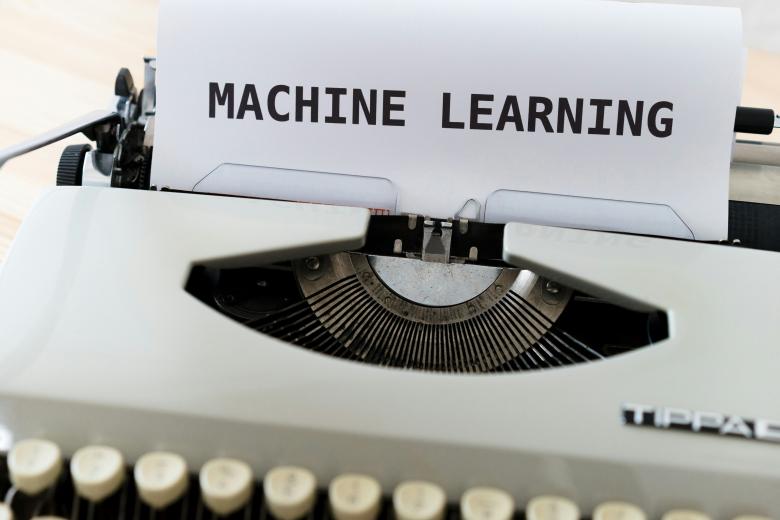Presentation by Prof. Dr. Marjan Peeters
On 26-27 May 2017, MCEL and METRO member Prof. Dr. Marjan Peeters delivered a presentation at the Chinese university of Hongkong entitled “Regulatory experiences in EU climate law: legal lessons for other economies?” as a contribution to the conference “The 60th Anniversary of the Treaty of Rome: EU and Global Perspectives”.
Read more on the conference >>
For more information on the presentation of Prof. Dr. Peeters, the abstract is available below:
The European Union has adopted a vast and rather complicated package of regulatory instruments in order to oblige industries and citizens to move towards more climate friendly behaviour, thereby aiming at 20% reduction of greenhouse gases in 2020 (compared to 1990 emission levels). The design and application of this regulatory package may in itself already provide interesting inspiration for other jurisdictions when considering what kind of regulatory instruments can be used for realizing a low carbon society. Meanwhile, in view of the fact that the EU is firmly rooted in the rule of law, industries and citizens (and, to some extent, environmental non-governmental organisations) can contest the legality of EU climate law measures before the court. This means that the courts have (potentially) an important role in determining how and to what extent the EU can steer towards a low carbon society.
Meanwhile, practice shows that EU climate case law is quickly expanding: the Court of Justice of the European Union has been asked to address many different legal problems in the field of EU climate law (for instance in the field of renewable energy and environmental impact assessment). What stands out is the vast number of cases related to the core regulatory instrument of EU climate law, which is the EU greenhouse gas emissions trading scheme.
The presentation will focus on the question to what extent case law from the EU may provide lessons for other jurisdictions that are planning to design and adopt climate regulations, and in particular, are aiming to adopt the emissions trading instrument. Since the EU is a first mover in the field of regulating greenhouse gas emissions trading, design or implementation shortcomings that have become clear in court procedures may provide important lessons for other jurisdictions. The presentation will show that courts have already played an important role for checking the legality of governmental measures, also with regard to the free allocation of the tradable greenhouse gas allowances and to the enforcement of the emissions trading scheme. While it seems very valuable for other jurisdictions to draw some lessons from the EU ETS case law, particularly with a view on improving the regulatory design of the instrument, also a caveat has to be made: it remains necessary to critically examine whether the CJEU is taking an activist role.
Also read
-
Contribute to a Voice for Children in Conflict Areas
Dr Marieke Hopman and Guleid Jama are launching a new research project on the role of children in peacebuilding in conflict areas.
-
Administrative integration through agency governance The role of Frontex, the EUAA and Europol
PhD thesis by Aida Halilovic
-
Reducing the Digital Divide: Empowering Students to Train, Evaluate, and Use AI Text Models
The Maastricht Law and Tech Lab, together with the Brightlands Institute for Smart Society (BISS), obtained a € 100.000 a Comenius Senior Teaching Fellow grant.